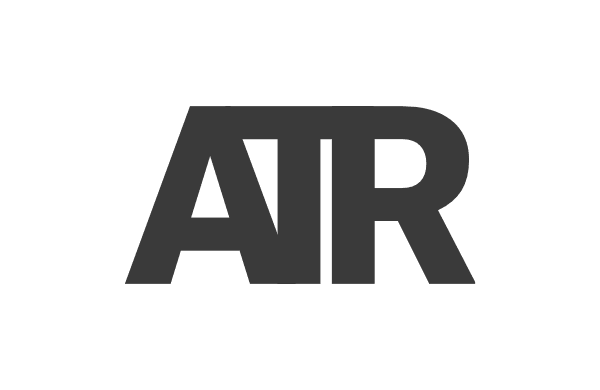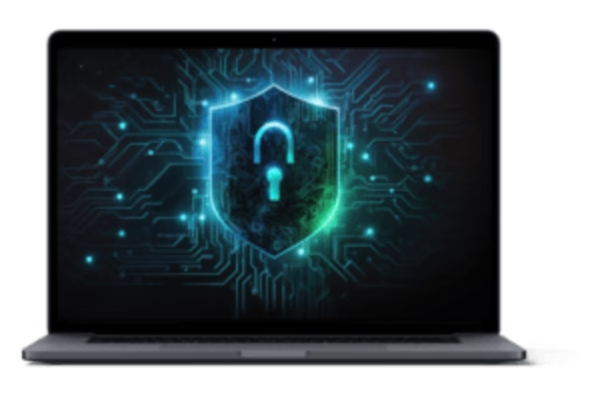🧾 Compliance & Cyber Risk Assessment Services
Secure. Compliant. Confident.
At CyberVolt Security, we help organizations navigate the complex landscape of cybersecurity compliance and risk management. Our Compliance and Risk Assessment Services are designed to identify vulnerabilities, meet regulatory standards, and minimize business risk — giving you a roadmap to a more secure and compliant operation.
✅ What Are Compliance & Risk Assessment Services?
These services involve evaluating your IT systems, data handling processes, and policies against the latest security standards and legal requirements. We identify gaps, prioritize risks, and deliver actionable insights to help you meet regulatory compliance and reduce cyber threats.
⚡ Why Choose CyberVolt Security?
- Industry-Specific Compliance Expertise
We specialize in helping clients meet standards such as HIPAA, PCI-DSS, GDPR, ISO 27001, SOC 2, and more. - Risk-Based Approach
We don’t just check boxes — we prioritize the real threats to your business. - Detailed Audit Reports
Get clear, auditor-friendly documentation of your risk posture and compliance standing. - Continuous Improvement
Our assessments are designed to evolve with your organization’s growth and threat landscape. - Third-Party & Vendor Risk Assessments
Ensure your partners and vendors are not exposing you to hidden security risks.
🔍 What Our Assessment Includes:
- Cyber Risk Analysis & Risk Scoring
- Compliance Gap Analysis (HIPAA, PCI, GDPR, NIST, etc.)
- Network Security & Access Control Review
- Data Classification & Encryption Review
- Policy & Procedure Audits
- Incident Response Readiness Review
- Cloud & SaaS Risk Audits
- Security Awareness & Insider Risk Evaluation
🛠️ Real-World Scenarios Where We Help Clients
🏥 HIPAA Risk Assessment for Healthcare Client
A regional clinic needed to comply with HIPAA regulations before launching a patient portal. CyberVolt conducted a complete compliance audit, resolved encryption issues, and updated access control policies — passing a federal audit with zero findings.
🛒 PCI-DSS Readiness for eCommerce Startup
Before launching online payments, an eCommerce client partnered with us to meet PCI-DSS standards. Our team guided them through each requirement, securing systems and documentation for PCI certification.
🧑💼 ISO 27001 Prep for SaaS Provider
A growing SaaS company required ISO 27001 certification for an enterprise contract. CyberVolt built their security policies, conducted gap analysis, and supported the audit process from start to finish.
💼 Industries We Serve:
- Healthcare & Life Sciences
- Finance & Fintech
- eCommerce & Retail
- Legal & Insurance
- SaaS & Tech Startups
- Manufacturing & Industrial Systems
🛡️ Make Compliance a Competitive Advantage
In today’s environment, compliance isn't optional — it’s essential for trust, reputation, and growth. CyberVolt Security gives you the expertise and tools to meet your regulatory responsibilities without stress or delays.
📞 Ready for Your Risk-Free Compliance Assessment?
Let’s make your business audit-ready and resilient.
COMPLIANCE AND RISK ASSESSMENT
Ensures that businesses meet data protection laws and industry standards (like GDPR, HIPAA, PCI-DSS), and identifies security gaps through audits.
MALWARE SCANNING DETECTION AND REMOVAL
Scan digital assets for malware. we also remediate and mitigate risk.
AI THREAT MONITORING AND INCIDENCE RESPONCE
Real time threat monitoring, event management and incidence response.
PHISHING SOLUTIONS
Scan and detect and respond to phishing attacks in real time
ASSET DISCORVERY AND PROTECTION
Discover hidden online assets that are exposed to attack and secure them
WEBSITE SCANNING AND PERIMETER HARDDENING
Manual website vulnerability scan, deep vulnerability scanning, penetration testing and risk mitigation
RISK AND COMPLIANCE
Reduce reputational and transaction risks and maintain regulatory compliance.
REAL TIME CVE DETECTION
continuous monitoring and identification of known vulnerabilities (Common Vulnerabilities and Exposures) as they emerge.
IDENTITY THREAT PROTECTION
monitoring user behavior and access patterns to identify signs of identity-based attacks, such as account takeovers or unauthorized access. This proactive approach helps organizations respond instantly to suspicious activity, minimizing the risk of data breaches and identity misuse.
ZERO DAY VULNERABILITY DETECTION
identifying previously unknown security flaws that have not yet been patched or disclosed. By monitoring system behavior, network traffic, and anomalies in real time, this approach helps detect and mitigate zero-day threats before attackers can exploit them, enhancing overall defense against emerging cyber risks.
CROSS SITE SCRIPTING ATTACK
XSS (Cross-Site Scripting) Attack is a common web security vulnerability that allows attackers to inject malicious scripts into trusted websites, enabling them to steal user data, hijack sessions, or deface web pages. Preventing XSS involves proper input validation, output encoding, and using security headers.
REMOTE CODE EXECUTION (RCE)
Remote Code Execution (RCE) is a critical security vulnerability that allows attackers to run malicious code on a target server or device from a remote location. RCE can lead to full system compromise, data theft, or unauthorized control, and is typically exploited through insecure input handling or unpatched software.
SQLI (STRUCTURE QUERRY LANGUAGE INJECTION) ATTACK
SQL Injection (SQLi) is a web vulnerability that lets attackers manipulate database queries to access, modify, or delete sensitive data. It’s prevented through input validation and the use of prepared statements.
LOCAL FILE INCLUSION
Local File Inclusion (LFI) is a web vulnerability that allows attackers to access or execute files on a server by exploiting insecure file path inputs. It can lead to data exposure or remote code execution if not properly mitigated.
REMOTE FILE INCLUSION
Remote File Inclusion (RFI) is a web vulnerability that allows attackers to load and execute external files on a server by exploiting insecure file input. It can lead to full server compromise and is often used to deploy malicious scripts.
COMMAND INJECTION
Command Injection is a critical vulnerability that allows attackers to execute arbitrary system commands on a server by injecting malicious input into a vulnerable application. It can lead to data breaches, system compromise, or full control of the server.
INFORMATION GATHERING
Information Gathering is the first phase of ethical hacking and penetration testing, where attackers or security professionals collect data about a target system or network to identify potential vulnerabilities. It includes techniques like reconnaissance, WHOIS lookups, and scanning.
OSINT (OPEN SOURCE INTRLLIGENCE)
OSINT (Open Source Intelligence) is the practice of collecting and analyzing publicly available data from sources like websites, social media, and forums to gather actionable intelligence. It’s widely used in cybersecurity, ethical hacking, and threat intelligence.
RECONNAISSANCE
Reconnaissance is the initial phase of a cyberattack or penetration test, where information about a target system or network is gathered to identify potential entry points. It includes passive and active techniques like foot printing, scanning, and OSINT.






